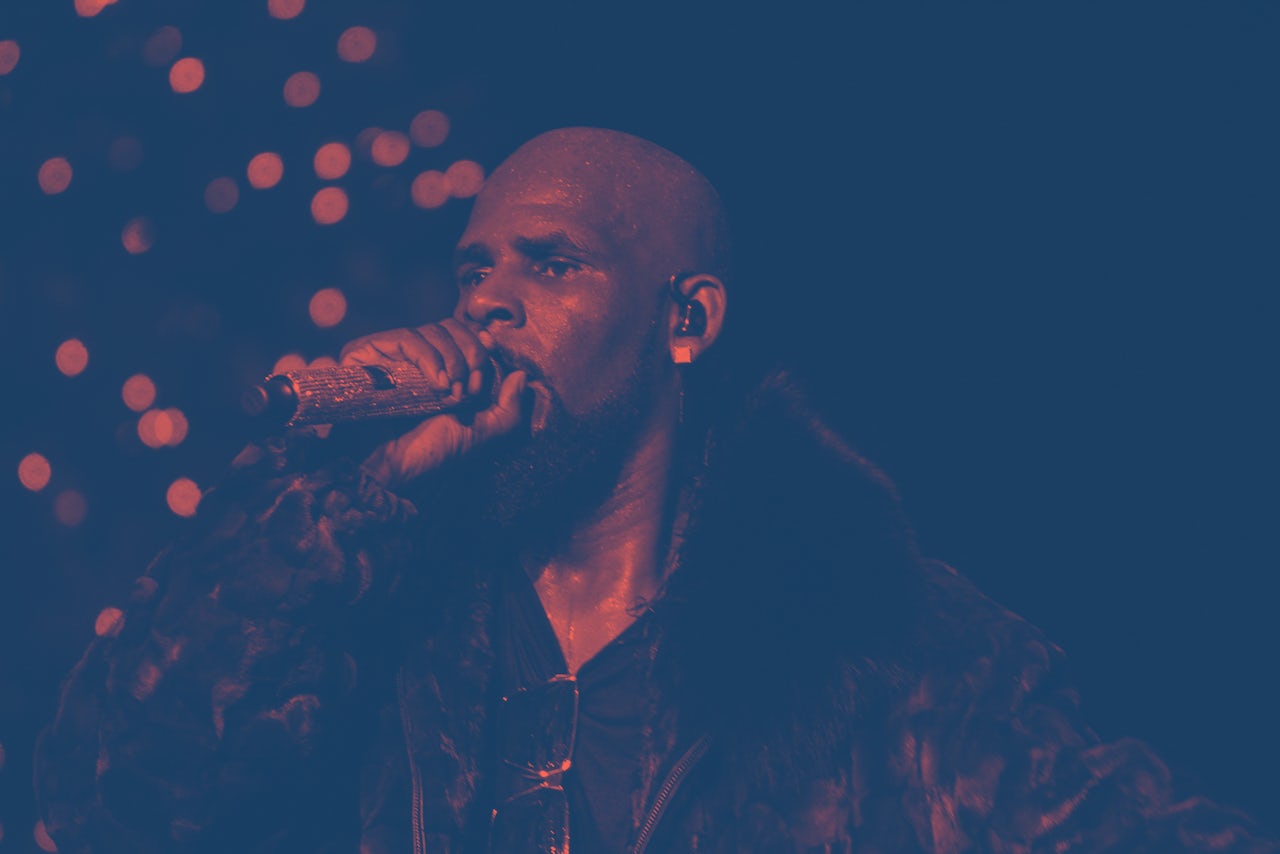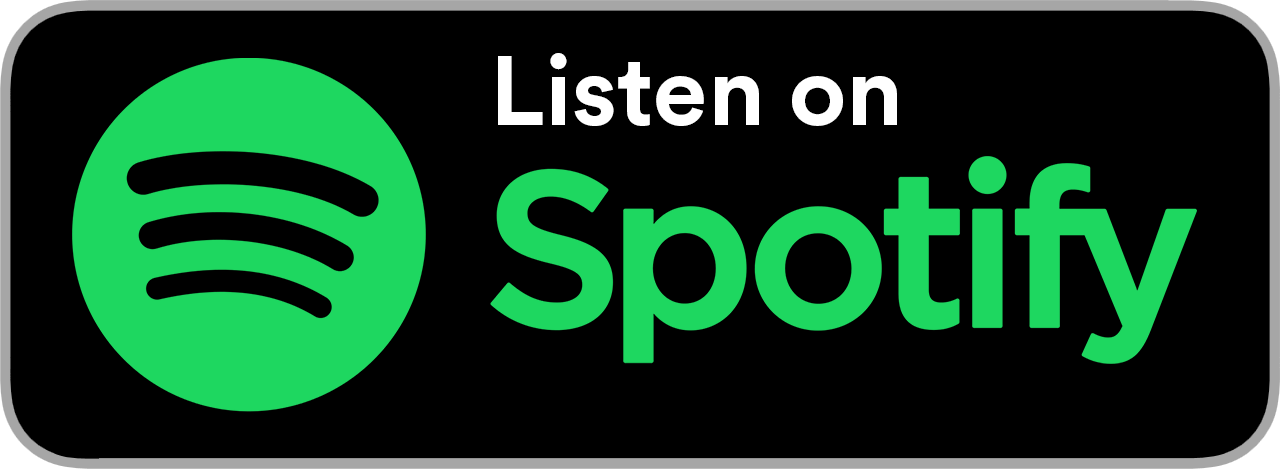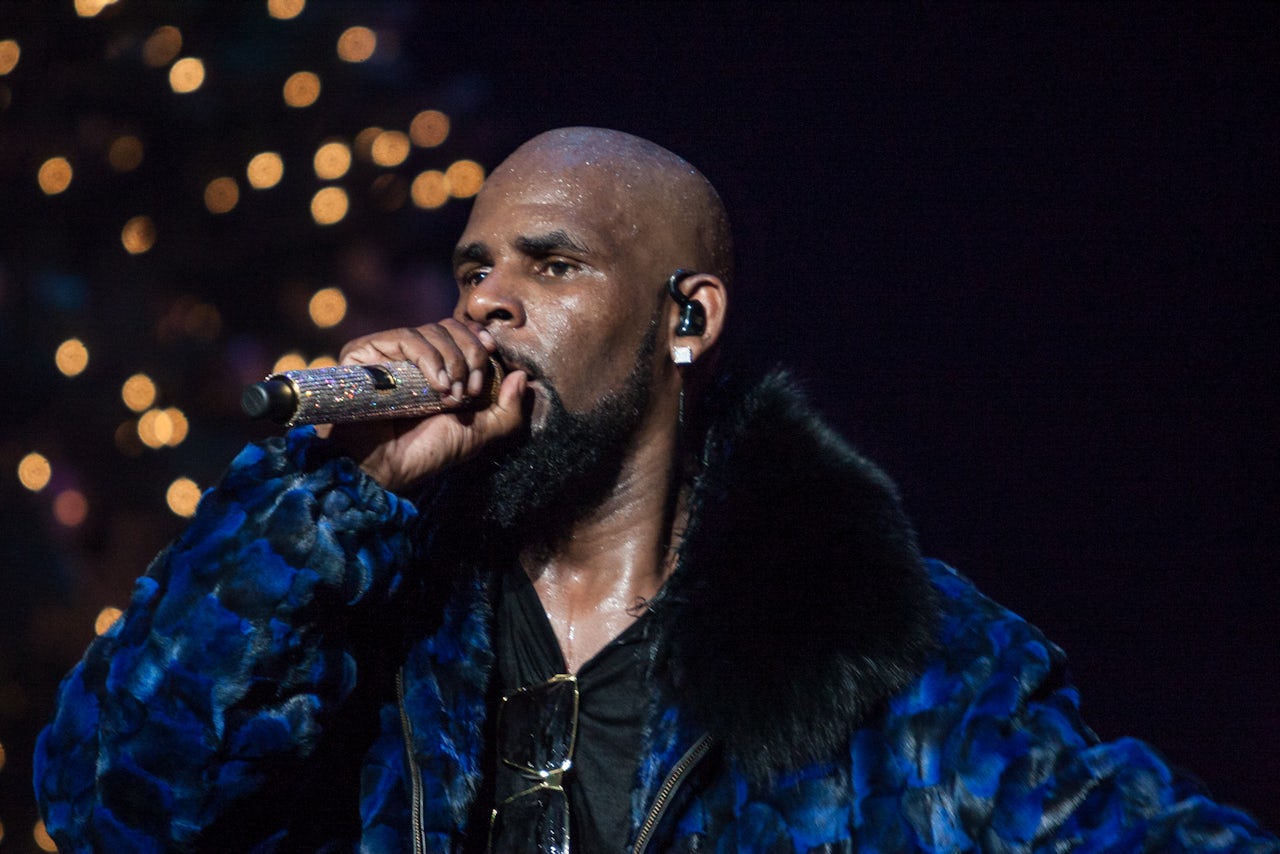Recently, Ann Derrick-Gaillot spoke with co-founder of #MuteRKelly, Kenyatta Barnes, about the story behind the movement. Now, we have the audio from that interview, along with some extras, including a conversation with Ann and myself about dealing with problematic artists and finding alternatives to enjoy.
Subscribe
There’s a new episode of The Outline World Dispatch every Monday through Thursday. You can subscribe wherever you listen to podcasts, but here are some links to get you started.
Pocket Casts / Overcast / Stitcher / TuneIn / Alexa / Anchor / 60 dB / RadioPublic / RSS / “OK Google, play news from The Outline.”
Full Transcript
James T. Green (Host): Ann?
Ann-Derrick Gaillot: Hey James.
James T. Green: Hey Ann.
Ann-Derrick Gaillot: How’s it going?
James T. Green: I’m good. How are you?
Ann-Derrick Gaillot: Good.
James T. Green: Oh my gosh. I know this is like, I’m happy to hear from you, yes. But the subject that we’re about to get into is not happy.
Ann-Derrick Gaillot: Yes it’s not, true. Tone change.
James T. Green: So tell me a little bit about this movement that I’ve been seeing online.
Ann-Derrick Gaillot: So #MuteRKelly is basically a campaign to get people to stop basically giving R. Kelly their money through listening to his music, going to his concerts, booking him at different venues. It was started last year by Kenyette Barnes and Oronike Odeleye. And they have so far through protests and online campaigns succeeded in getting 10 R. Kelly concerts canceled.
James T. Green: Yeah so. So you mentioned two people responsible for the #MuteRKelly movement. So what are both their roles within this?
Ann-Derrick Gaillot: They’re basically the founders, so what they did was started this hashtag and began the movement, the campaign with a protest in Atlanta where they did a petition and they also talked to different civic leaders to try to get the concert canceled. It didn’t happen, but now they actually have a network of people in different cities who demonstrate whenever R. Kelly comes to town to try to get him shut down. So they’re basically the main organizers.
Kenyette Barnes: Hi this is Kenyette Barnes.
Ann-Derrick Gaillot: Hi Kenyette, this is Ann-Derrick Gaillot from The Outline. How are you.
Kenyette Barnes: I’m good. How are you?
Ann-Derrick Gaillot: Good. I’m so excited to talk to you today. Thank you for giving me some of your time.
Kenyette Barnes: Oh no problem and thank you for your patience. I know we’ve been trying to connect for quite a while now.
Ann-Derrick Gaillot: Oh no worries. I totally understand how it goes.
Ann-Derrick Gaillot: I chatted with Kenyette Barnes, she’s based in Atlanta and I talked her over the phone
James T. Green: And how was that?
Ann-Derrick Gaillot: It was really interesting.
Kenyette Barnes: I have been outspoken against R. Kelly and about 1999. So even as a young lady, going into graduate school, I knew that R. Kelly was problematic and spoke out about him, then. After the the case, the child pornography case in Chicago and the subsequent case in Florida, I just kind of in my personal life checked out of R. Kelly. I don’t listen to his music, I don’t allow him to be played around me or my children and I speak very frankly about why I don’t like that. So, for me personally this has been going on for over 20 years.
Ann-Derrick Gaillot: Even though the awareness around what he’s done wasn’t as great back then she was still, as a survivor of child pornography herself, very against everything that she was hearing about him and so since that point has just been very anti R. Kelly for good reason.
Kenyette Barnes: Why I started #MuteRKelly, why we started the #MuteRKelly, is he had come to Atlanta for his concert and at that point BuzzFeed had just broken the story about the young ladies in the sex cult, is what they were calling it, the sex cult. And at that point I just couldn’t do nothing. I mean there was no structure. There was, no there was no existing infrastructure or framework for this. My plan was to lobby the board of commissioners that housed the venue, convince them to cancel the concert and that would have been a win for us. And Oronike, her background is in arts management, so what she wanted to do was she made a petition and circulated the petition and got about 200 signatures. I mean she really did a good job with that petition. And that’s how we connected.
Ann-Derrick Gaillot: Last year when she was starting to protest in Atlanta she met up with Oronike and together they started this campaign.
James T. Green: Did she find like any challenges within like pretty much creating this movement and going into this guy who’s like incredibly lawyered up and like has a lot of fans and everything?
Kenyette Barnes: The surprise came from the amount of backlash that we got from his fans. And at one point I had to disable notifications on all of my social media because I was being harassed, threatened. Horrible things were said about me. My character was threatened and people were going through my social media back to 2008. And the worst thing that happened was a rape threat.
Ann-Derrick Gaillot: Radio stations did not want to get on board with this. They did not want to you know outright say ’we’re not going to play R.Kelly.’ Basically it’s taken a long time for the kind of support to get behind this, the same kind of support to get the behind this as the Time’s Up movement. But now that Time’s Up has signed on with #MuteRKelly we’re seeing a lot more celebrities saying mute R. Kelly and she has a lot of hope that this is going to be what happens to bring him down finally.
Kenyette Barnes: I am a little shocked. And for Time’s Up to get on board, in addition to #MeToo. It just really solidifies for me that we’re doing the right thing. We are on the right side of history and I’m so happy about their involvement. I am speechless. I’m honored, but I’m speechless.
James T. Green: I’m curious why you wonder why folks are so reluctant to give up on R. Kelly. I mean like I still go out and I still hear Ignition Remix like being played. And it’s very interesting like when you’re out on a dance floor and you have like this split like you notice like either there’s people who are just like oh yeah this is my jam. You know they know all the lyrics and you have like people who are like you can see in her face like oh I remember this was a bop but I can’t actively dance, and like I feel comfortable with that. So I’m curious like why you think people are so reluctant to give up on this guy.
Ann-Derrick Gaillot: I think that the reluctance comes from not fully recognizing the humanity of black girls and young black women especially when you think about the, the people the victims R Kelly’s victims who have spoken out. And sometimes the things you see people say about them like well why didn’t you just leave. Why didn’t you, where were your parents blah blah blah this and that. It really isn’t getting to the heart of like these are young women, a lot of them kids who are being abused and maybe the full recognition of that humanity. Sometimes people aren’t bothering to consider that when you know when the song comes on. But like you said for other folks it’s like I can’t, I can’t just dance to an R. Kelly song anymore it’s just too much with that. I don’t know what do you think.
James T. Green: So I mean like that actually like leads to like this next thought that I’ve been like thinking about a lot. So I’m from the Chicago area and lived in Chicago proper for quite a few years before moving. And you know R. Kelly is from Chicago. So it means like no matter where you are, you hear some sort of R. Kelly song like whether it’s like at a steppers event or it’s like any sort of party or even like in your cars while you’re out. You always hear R. Kelly. And I will admit, it was like 2013 I believe and I went to Pitchfork Music Festival and he was one of the performers there and it was like the big headliner performance. It was like the end of the festival. And I remember me and my friends we went right over to the stage and we went. And I will admit like I was a different person in 2013 as far as like, the way that I thought and those type of things. But I remember feeling this like sense of like oh like you know, but you’re still doing this and like and you know like I’m also bisexual and I know like there are a hella trap songs that I listen to that can be like super homophobic. So I’m curious about your thoughts. Like is it possible with certain people? Or is it like based on the offenders? And I think people are kind of grappling with this now in Kanye, like is it possible to separate the artist from the offender?
Ann-Derrick Gaillot: Yeah gosh, I’ve been thinking about that, I feel like every single day for so long because I don’t know it just it feels like you never know who. Someone you admired, you never know if they’re going to be actually turn out to be a gigantic trash bag.
James T. Green: Right.
Ann-Derrick Gaillot: When it comes to R. Kelly and just the work that so many people have done to expose his abuses and his harms and just seeing the real life people who have been real life affected by his actions makes it difficult, more difficult for me to separate art from artist than someone who says things that are, says things that are dangerous.
James T. Green: But yeah I I find it very interesting that like it it seems like it’s like this perfect storm in this time right now where #MuteRKelly is happening and gaining traction versus the various reports that I remember reading back in Chicago from local papers that were like exposés about what happened.
Ann-Derrick Gaillot: Yeah. One thing that gives me hope is just how, how much easier it is now to just learn about music and learn about shows and podcasts that have nothing to do with these big deal celebrities and are just people making things that they care about. And I think that you know with all these questions that I know a lot of people are turning over in their heads like us, it’s I think now is the time to go discover other artists who are you know underground, aligned with your values and celebrate them because we can’t just keep lifting up the same people all the time especially when they do disappointing things.
James T. Green: All right. So I guess like maybe for listeners for a little homework find a problematic fave of yours and find a way to replace them.
Ann-Derrick Gaillot: Yes.
James T. Green: Thanks Ann.
Ann-Derrick Gaillot: Thanks James.
Archival from 2015 HuffPost Live Interview
The Outline World Dispatch is produced and hosted by James T. Green, with production assistance by Rob Dozier.




